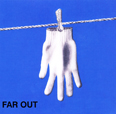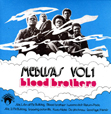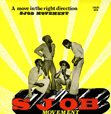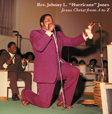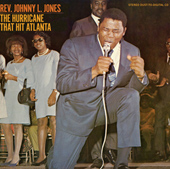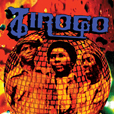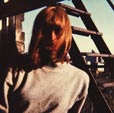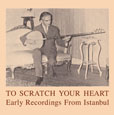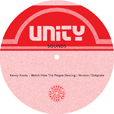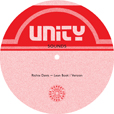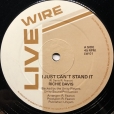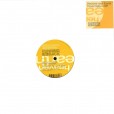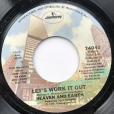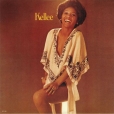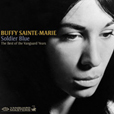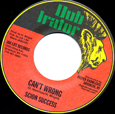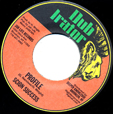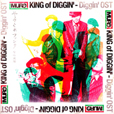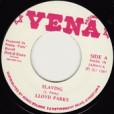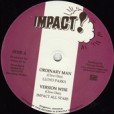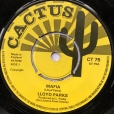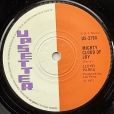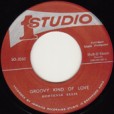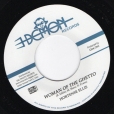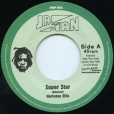Your basket is empty

It says ‘Volume 1’ on the cover, and this debut is full of promise, but it’s a one-off, from Nigeria, 1973: African styles grooving together with Latin and Caribbean, US soul and funk, and psych rock.
Four members of Sonny Okosun’s band, edging things on in 1974: deep, spacey afro-funk.
Drawn from the hundreds of reel-to-reels and cassettes that Jones — aka The Hurricane, The Fireball — has made of his Southern preaching, raving between speech and song, since 1960. From Dust To Digital.
A sample of fifty years’ ministry: two dozen soul stirrers, with sermonettes, guest soloists and righteous radio clips. ‘A hurricane starts off slowly… when she gets a certain speed, that’s when she’s dangerous.’
At the close of the 1970s, just a couple of years after the classic psych-funk of Float, Wilf Ekanem and crew trained their frazzled peepers on Disco. Two classics here to blow your soul on fire.
‘**** CD Of The Week… everything her followers have long cherished about Keineg… An uncompromising and long overdue return’ (Sunday Times).
**** Daily Mirror; **** Financial Times.
Tipped by the New York Times: ‘I have heard no more beautiful record this year… a righteous calm takes over the album like a spirit force.’
‘If you are poor, you walk in your shoes, you lean.’ Three Unity revive 12s in today, remastered and in spanking new sleeves. Altogether, as a label, the greatest UK digi there ever was.
Gene Russell signed Kellee Patterson to Shadybrook in 1976, after the demise of his Black Jazz label.
Three years on from her Maiden Voyage LP, he engineers and plays piano, but Kellee is running the show, with her own arrangements and production.
More bang-on covers, including a killer, sleazy Barry White and a rough Mister Magic (both revived by Jazzman a decade ago), to put a dip in the hip of all b-boys and girls, and I Love Music on speed.
William Upchurch is here, from Motown; Marlo Henderson, who plays guitar on Off The Wall; Don ‘Tabu’ Cunningham…
An impressive survey of nine LPs — epochal, ringing classics like Cod’ine and Universal Soldier in with her satire, protest and general hippie shit; covers of Joni, Neil Young (with the man himself), Leonard Cohen.
Three chilled, heavy dubplates deployed by Junjo’s Volcano and Hyman Wright’s Jah Life soundsystems, back in the day, on John Holt’s Chanting rhythm.
A spectacular patchwork of thirty-eight choice cuts of Japanese noir and porno soundtracks.
Wicked EP!
Lloyd Parks’ soulful sufferers, beautifully sung — a worthy reggae answer to Joe Bataan’s sublime Ordinary Guy — plus a deadly dub, with mad effects; then a melodica outing by Augustus Pablo, with clavichord; and finally the gob-smacking leave-the-studio-sah excursion.
Trumps trumping trumps.
Gorgeous…and backed with rudeboy anthem A Man Of Chances.
Two counts of murder.
‘You think you can hold me down, you think you can tie me down… I’m a man for chances.’
